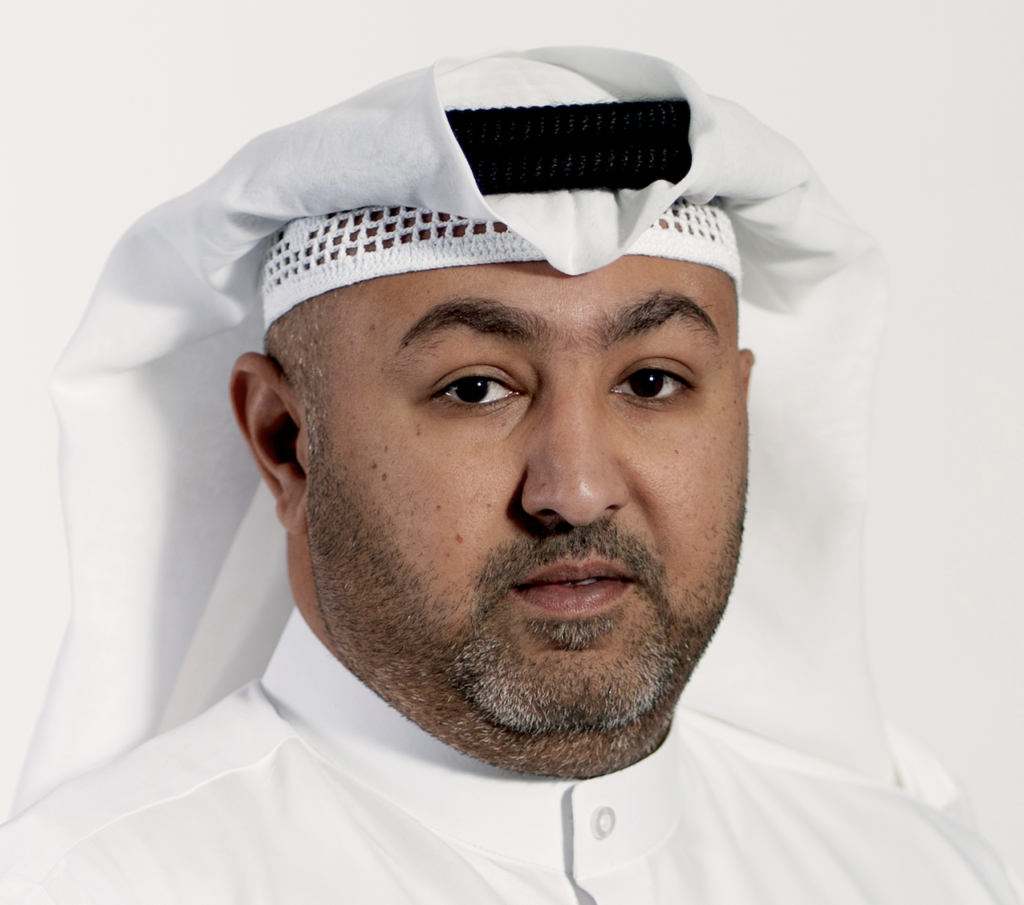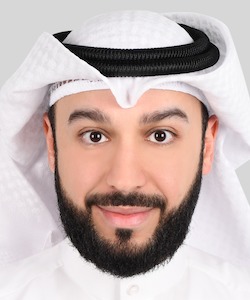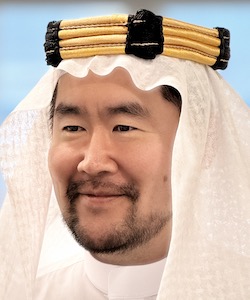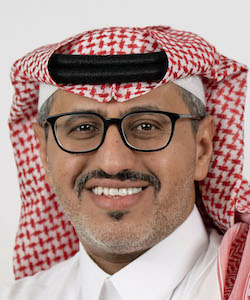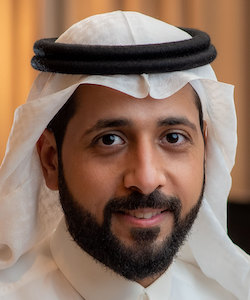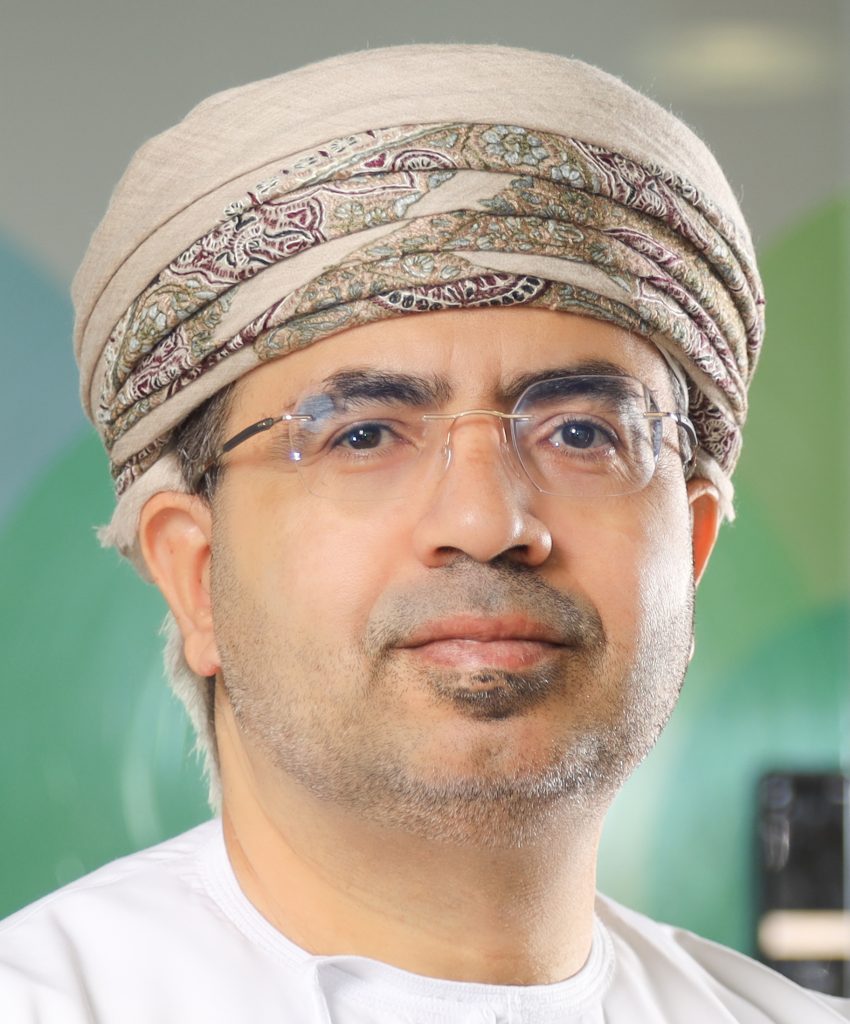Faisal Al Khaldi is the Deputy CEO and board member of Kuwait Steel. He is a business administration graduate and started his career at Kuwait Steel 15 years ago, rising through the ranks before being appointed to his current position. He is considered a stalwart in the GCC steel fraternity. Faisal Al Khaldi talks about expanding market share, new technologies, and goals for 2025.
Kuwait Steel has been focused on expanding its local market share. How would you assess the progress of this strategy and the overall evolution over the past year?
Despite challenging market conditions, we have successfully grown our market share. A new local rebar producer has entered the market, helping reduce Kuwait’s reliance on international suppliers. With the existing GCC trade laws and agreements, anti-dumping duties cannot be applied to these imports, compelling us to adjust our pricing strategies to remain competitive, often at the expense of profit margins. Despite these circumstances, we remain committed to supporting the national workforce, achieving a 17% Kuwaitization rate. Our focus is on striking a balance between supporting government initiatives and advocating for policies that safeguard local industries, ensuring long-term growth and sustainability.
What are some challenges facing the sector?
The various challenges facing the industry include Kuwait’s regional geolocation, increases in supply chain costs, insurance, lead time, and inventory carrying costs. The Ministry’s decision in previous years to relax the 20% preferential pricing for local mill-origin rebars has increased the influx of low-cost imports from neighboring GCC countries, driven by regional surpluses. This has made Kuwait one of the most competitively priced rebar markets globally. Additionally, the delay in executing projects in Kuwait has affected our operations, and with restrictions on the export of rebars, we couldn’t penetrate alternate markets. Resolving this imbalance is critical to safeguarding the sustainability and competitiveness of Kuwait’s steel industry.
Do you have any ESG initiatives?
Environmental sustainability is integral to our operations. We recycle water, ensure zero harmful emissions, and repurpose byproducts for other industries. Our chimneys are linked to real-time monitoring systems with the EPA and the Ministry of Environment, ensuring transparency and compliance. Kuwait’s environmental policies are progressing and are very close to matching the regional leaders. We strive to set an example by demonstrating that sustainable practices can coexist with industrial success.

